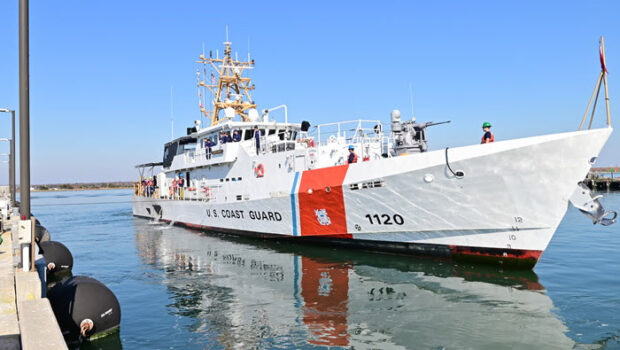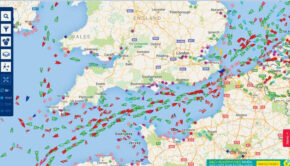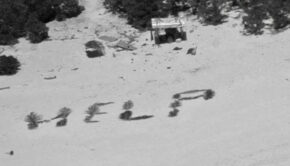Helping the Coast Guard help itself
Published on November 27th, 2023
The US Coast Guard often refer to the support received during a rescue from a Good Samaritan, which is a private vessel that renders voluntary aid without compensation to a person or vessel who is injured or in danger.
A search area can be massive, so getting the support from the boating community can be massively helpful, but as Ron Weiss observes, the USCG is lucky to get the help they receive, and shared his concern with Captain Jennifer Stockwell, Commander of Coast Guard Sector Virginia:
As an experienced offshore sailor, I have the highest respect and admiration for the USCG. I am involved in the Storm Trysail Club Safety at Sea seminars at SUNY Maritime, and every year we have a number of USCG SAR/Helicopter teams speak to hundreds of sailors about how SAR works and how to prepare for a helicopter rescue. Each member of the SAR (Search and Rescue) teams has been highly intelligent, well-spoken, and clearly dedicated to their mission.
There is one area, however, where I – and many, many other offshore sailors – see room for improvement. I was sailing down the coast this past week from New York to Florida and there were a number of “pan-pan” broadcasts regarding a missing sailor/boat somewhere between NY and Bermuda.
We listened to Marine Safety Information broadcasts from NY Harbor, and down the coast along New Jersey, Virginia, North Carolina, and South Carolina. In the majority of the broadcasts, the bulk of the information was rendered unintelligible by the speed of the reading.
The broadcasts signals were strong, and we had no trouble discerning other announcements and broadcasts. The signals were quite clear; it was the speakers who were not.
Given the enormous amount of resources it takes to manage and maintain the broadcasts, as well as the entire SAR apparatus, would it not be better if the “messenger” slowly and clearly enunciated the description of the vessel and the last known locations so that they could be written down, or at least understood?
Most of the broadcasts were read like the end of prescription drug ads where they read off the side effects. One or two broadcasters were clear (out of North Carolina – kudos to them!), but the majority were not. I know there are “scripts” they are supposed to follow, but when the most intelligible part of the broadcasts is the broadcast frequency, and not the information that we actually need to hear, there is a gap between the intention and the execution.
I truly believe that this no-cost adjustment would significantly improve the chances of good outcomes. It seems this is not a sector-specific issue, but rather a centralized training and/or policy issue.
A prompt reply came from Captain Stockwell:
Thank you for this important feedback. It is vital the information we’re providing the maritime public is clear and actionable. I’ll make sure this information is provided to the other units along the east coast for their awareness as well. Happy and safe sailing.









 We’ll keep your information safe.
We’ll keep your information safe.